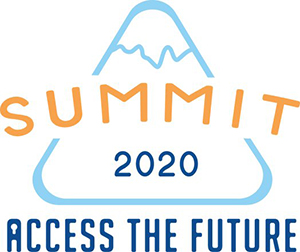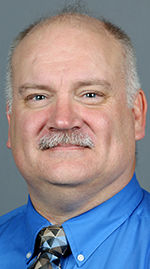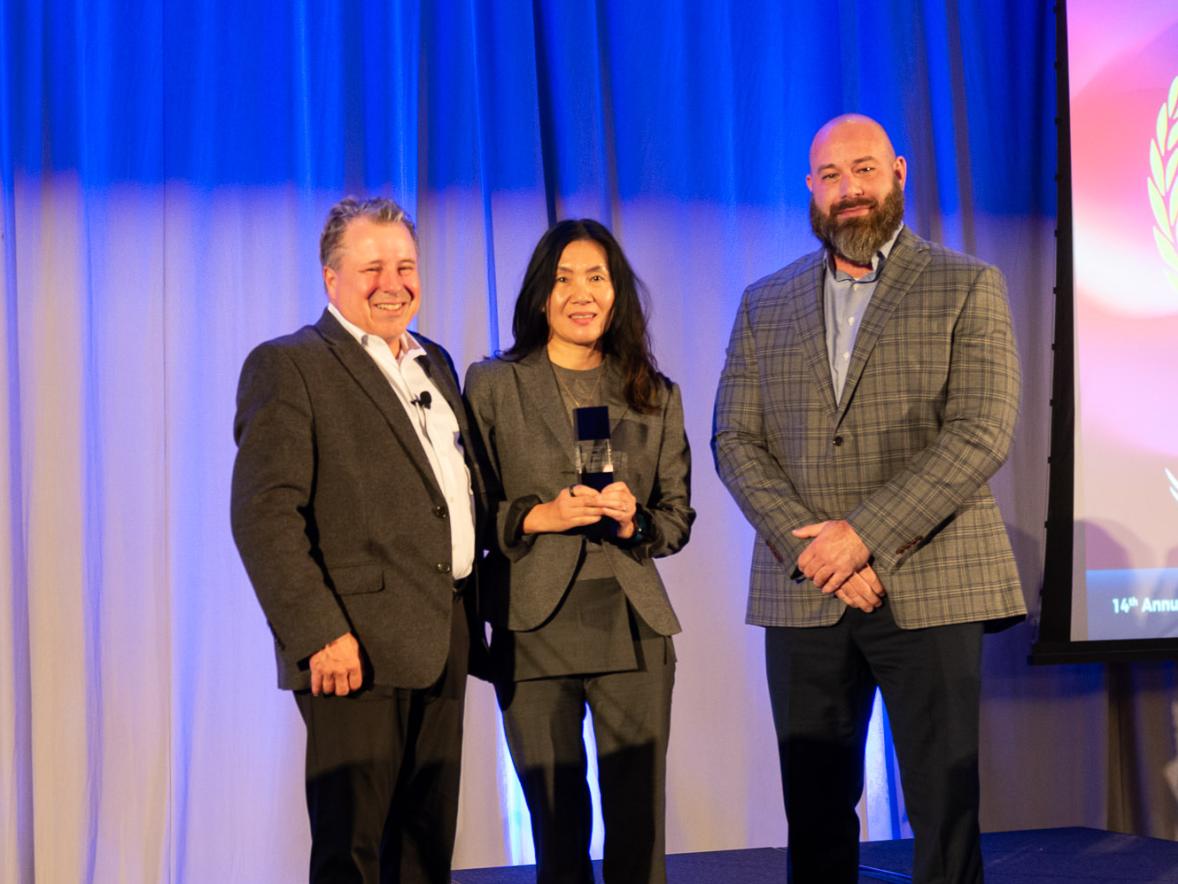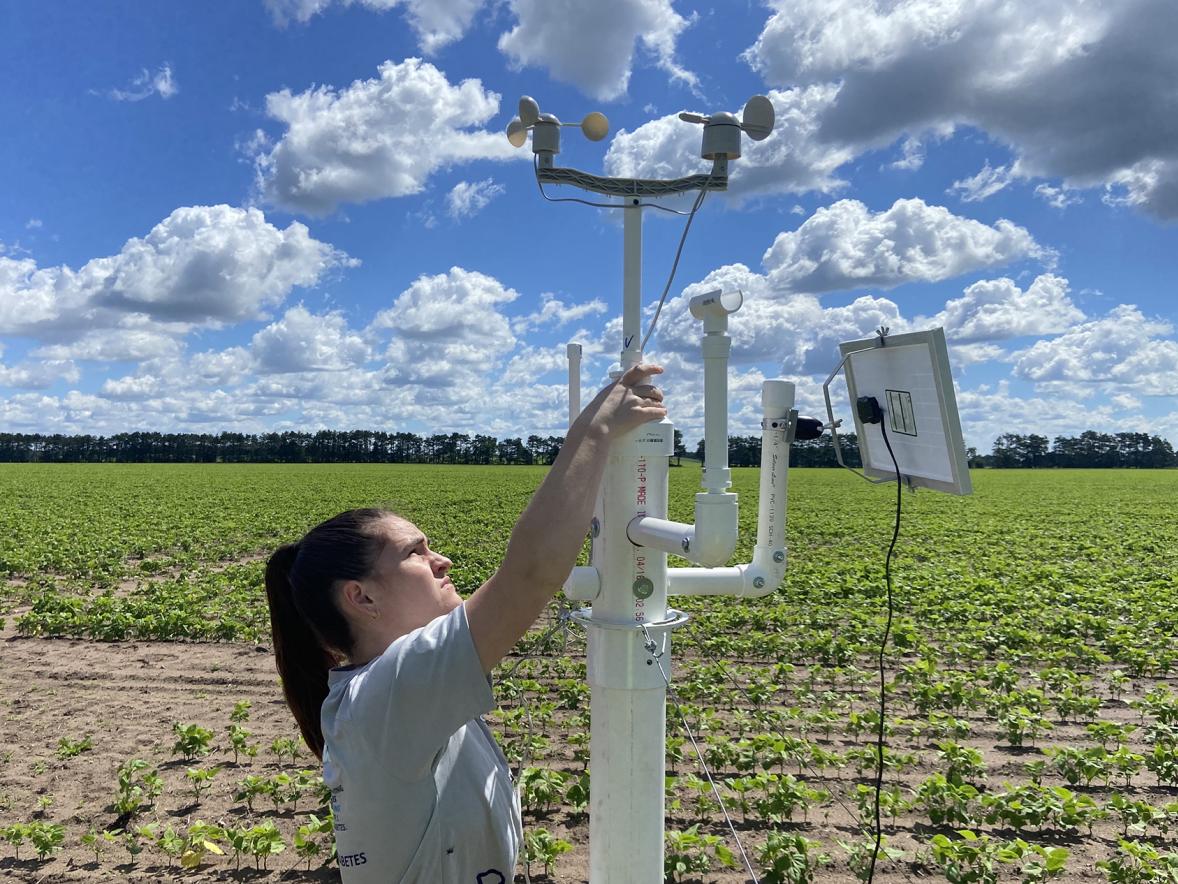One of the keynote speakers at the ‘E’ffordability Summit held at University of Wisconsin-Stout Tuesday, March 17, and Wednesday, March 18, is the first deaf and blind student to graduate from Harvard Law School and an advocate for inclusion.
 Haben Girma is an advocate for disability services around the world. She worked with Disability Rights Advocates from 2015 to 2016 as a staff attorney. Girma became a lawyer in part to help increase access to books and other digital information for others with disabilities after always advocating for herself.
Haben Girma is an advocate for disability services around the world. She worked with Disability Rights Advocates from 2015 to 2016 as a staff attorney. Girma became a lawyer in part to help increase access to books and other digital information for others with disabilities after always advocating for herself.
Girma has worked with national board of trustees for the Helen Keller Services. She met with former U.S. President Barack Obama to talk about accessible technology for all people. She will speak at 8 a.m. on Tuesday in the Memorial Student Center.
Robert Butterfield, director of instructional resources at the University Library, said the goal of the summit is to have keynote speakers that have a broader range of appeal. “We wanted to exemplify that message there are other things that are important besides cost of textbooks,” Butterfield said, noting accessibility is also vital.
Girma travels with a service dog, Milo, and an interpreter. Her presentation is open to all, even if they are not attending the summit, which is also free, Butterfield said.
On Wednesday the keynote speaker will be Chris Gilliard, an English professor at Macomb Community College in Warren, Mich. Gilliard concentrates on privacy, institutional technology policy, digital redlining, which is the practice of creating and perpetuating inequities between already marginalized groups through the use of digital technologies, content and the internet. He also focuses on the reinventions of discriminatory practices through data mining and algorithmic decision-making. He is developing a project that looks at how popular misunderstandings of mathematical concepts create illusions of fairness and objectivity in student analytics, predictive policing and hiring practices. He will speak at 8:30 a.m. on Wednesday in the Memorial Student Center.
This year is the fourth annual summit and about 300 people are expected to attend. The theme this year is Access the Future. The summit focuses on providing, using and acquiring open educational resources and other educational content affordability ideas. The goal is to share knowledge and help keep education affordable, Butterfield said.
 “The primary purpose we established the summit was to talk about providing quality, low cost content to our students as a means to lower the cost of education,” Butterfield said. This year UW-Stout is working with the Minnesota State College System on the summit. Advantages of open educational resources, besides no cost, are fewer restrictions on use, meaning students can keep the materials forever and faculty members can more easily add, subtract or change them.
“The primary purpose we established the summit was to talk about providing quality, low cost content to our students as a means to lower the cost of education,” Butterfield said. This year UW-Stout is working with the Minnesota State College System on the summit. Advantages of open educational resources, besides no cost, are fewer restrictions on use, meaning students can keep the materials forever and faculty members can more easily add, subtract or change them.
UW-Stout will lower textbook costs again in the 2020-21 school year. The average students spends about $452 a year on textbooks. That will go down about $55 next school year. This year the average student paid about $45 less than last year. Costs are down through the use of more digital materials, open educational materials.
Major sponsors for the summit include the Menard Center for the Study of Institutions and Innovation, the University of Wisconsin System and Pearson Publishing.
During the summit the Community for Open Wisconsin, a special interest group of the Wisconsin Library Association, will meet. The group is comprised of members from throughout Wisconsin interested in open access, open educational resources and education affordability.
Photos
Haben Girma
Summit logo
Robert Butterfield







